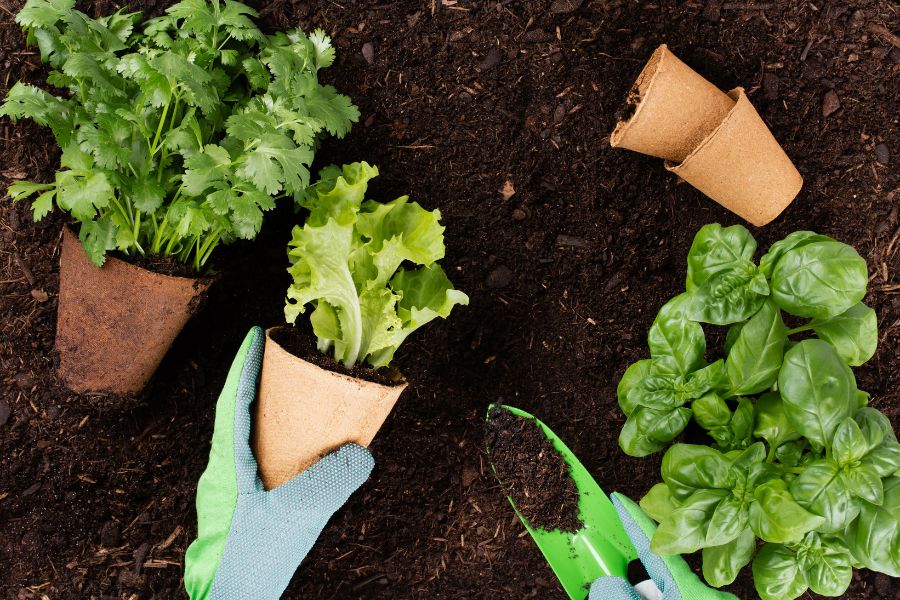You’ve invested time, effort, and love into your home, transforming it into a space that reflects your personal style and provides comfort for you and your family. But even the most diligent homeowners can overlook the importance of soil stabilization. The soil stabilization process alters the properties of soil to improve its strength, durability, or other qualities. Learn about the top advantages of soil stabilization for your home and consider using this method to protect your home’s durability and enhance its appearance.
A Long-lasting Foundation
Soil stabilization strengthens your home’s foundation. Having strong, stable soil beneath your house is crucial for preventing the foundation from sinking or cracks forming in walls and floors. Strengthening the soil can increase the lifespan of your property and save you money on costly repairs down the line. Whether you plan to live in your home for decades or only a few more months, maintaining the foundation pays off. A stable foundation guarantees the safety of the structure. Moreover, a solid foundation indicates the long-term viability of your home to potential buyers.
Reduced Soil Erosion
Another advantage of soil stabilization is that it prevents soil erosion around and under your home. Erosion can be a significant issue, especially during heavy rainfall and storms. Binding the soil particles together helps minimize the impact of water and wind, keeping the ground in place. There are many different types of soil stabilization, and the right method for your home depends on the issue you want to address and your property’s soil type. If you have problems with erosion, contact a contractor who will inspect your property and recommend effective solutions.
Resistance to Natural Disasters
Soil stabilization not only keeps your house stable but also helps protect it from natural disasters like hurricanes, earthquakes, and landslides. By improving the stability of the soil, you can greatly reduce the likelihood or severity of property damage occurring during extreme weather events. Soil stabilization holds the ground firmly in place, helping prevent landslides or soil erosion caused by heavy rainfall. Stabilized soil also has a higher bearing capacity, making it less likely to collapse during an earthquake, hurricane, or heavy storm. If you live in an area prone to natural disasters, consider making soil stabilization part of your defense.
Improved Landscaping Aesthetics
Stabilized soil contributes to a neater and more attractive outdoor environment for your home. Unstable soil can lead to uneven land, with soft spots and sinking areas that make it difficult to maintain a beautiful and functional yard or garden. Soil stabilization minimizes issues like erosion and shifting soil, making it easier to maintain landscaping. Investing in soil stabilization ensures a more pleasant and visually appealing outdoor space for you, your friends, and your family to enjoy. Soil stabilization is an incredibly beneficial process that every homeowner should consider. Not only does it provide a robust foundation, reduce erosion, and protect against natural disasters, but it also contributes to cost savings and enhances the visual appeal of your landscaping. Consider soil stabilization as an investment in the longevity and value of your home.

Show Your Support
Take any of the following actions to stay involved and help us reach our goals. Subscribe to our newsletter, and follow us on social: Facebook, Facebook Group, Instagram, Twitter, Meetup, and Linkedin. Subscribe on YouTube and help us reach 1,000 subscribers.

